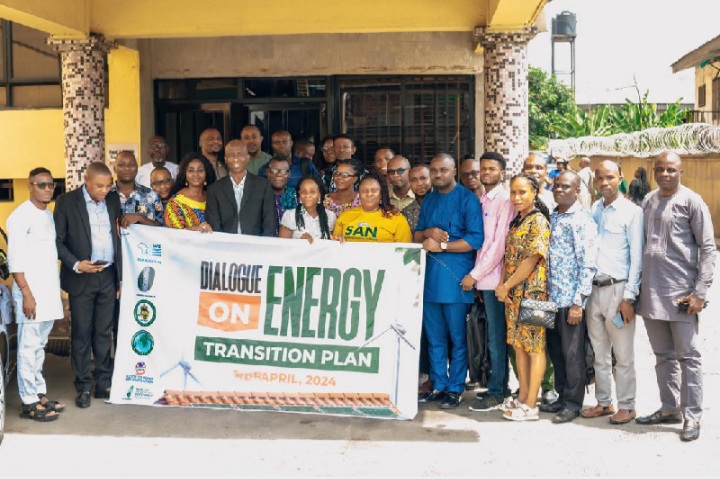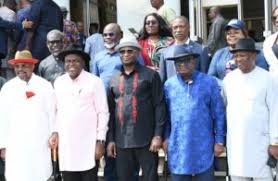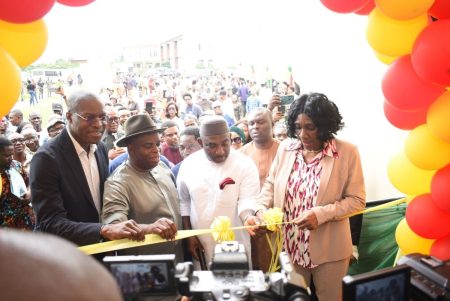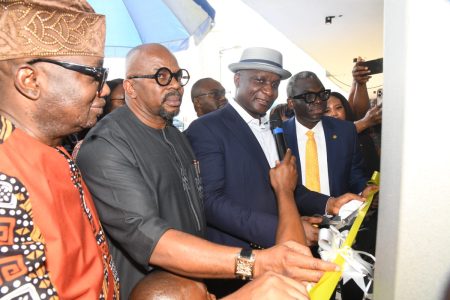
Mkpoikana Udoma
Port Harcourt — The federal government has been urged to include communities, local and state governments in its energy transition plan, create awareness and also ensure renewable energy sources are available to the poor and low-income earners.
This was part of the resolutions reached at the National Dialogue on Energy Transition Plan in Port Harcourt, organized by Lekeh Development Foundation, Quest for Growth and Development Foundation, Society for Women and Youth Affairs, Vote4Climate, Global Initiative for Food Security and Ecosystem Preservation, supported by 350.Org.
Speaking, a resource person at the event, Dr Gbenemene Kpae, said the government must make economic policies that will make renewable energy available to the poor and low-income earners, to achieve net zero in 2060.
“The 2060 target on renewable energy is an expensive project, if the private sector is not involved it is going to be difficult for an average Nigerian to be able to afford renewable energy.
“If only the government is funding renewable energy projects, it will be very expensive and the ordinary citizen will not be able to afford it, for example, cooking gas.
“So the solution for transition from fossil fuels to renewable energy is for the Government to carry along the private sector by giving them incentives like tax break to invest in renewable energy, by so doing jobs will be created.”
Executive Director of Lekeh Foundation, Mr Friday Nbani, said the government’s energy transition plan was a welcome development, especially for people who are suffering the direct impact of fossil fuel on the environment, especially pollution.
However, Nbani said there was a need to examine the document to ascertain how it was favourable and workable for the Niger Delta people.
Also, the Coordinator of Quest for Growth and Development Foundation, Mr Smith Nwokocha, said energy transition should be equitable and domesticated, and warned that Nigeria may experience worse climate issues if steps were not urgently taken to move to cleaner energy.
“The government should domesticate it so that states can adopt the energy transition plan. And also do more awareness and stakeholder engagement and also get the private sector involved in investments and the academia for research.
“It shouldn’t just be an exclusive list for the government alone to make decisions, they should allow each state and local government to make input and segment the process into short, medium and long-term action to be able to capture areas that are missed in the process, and also provide solutions for gaps that may occur.
“The implication is that if we don’t move from fossil fuels, the high level of pollution might hit 20degree which is what the world is even avoiding. We have seen the heat wave, flooding and black soot in Rivers State. If we don’t move away from fossil fuel, there will be a worse climate situation and that is the more reason we need to phase out fossil fuel and adopt environmentally friendly energy sources.”
For her part, the Executive Director of SWAYA, Mrs. Amanyie Stella, said the dialogue was imperative to mark the 2024 World Earth Day, as she advocated for the adoption of cleaner energy sources such as biogas, solar, etc.



